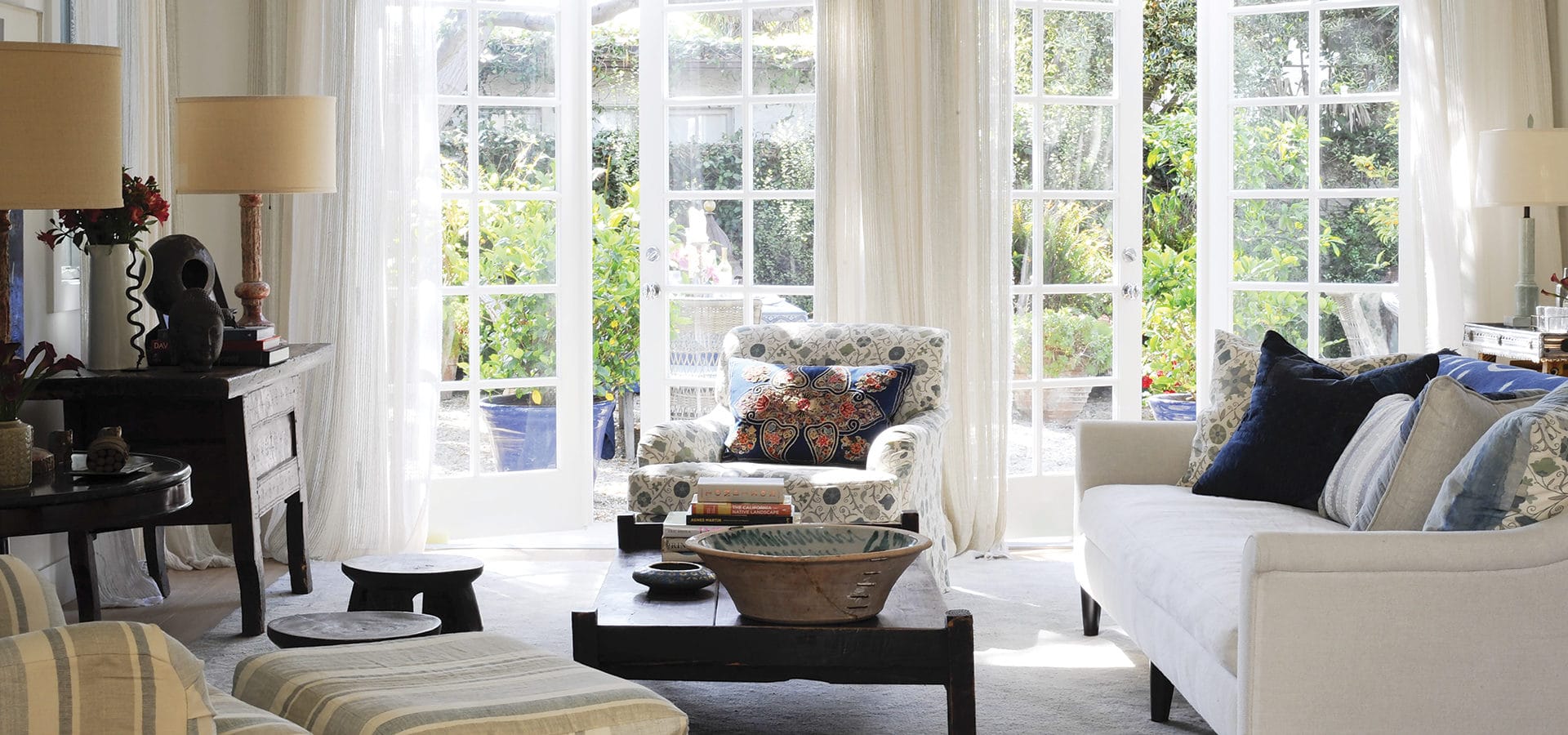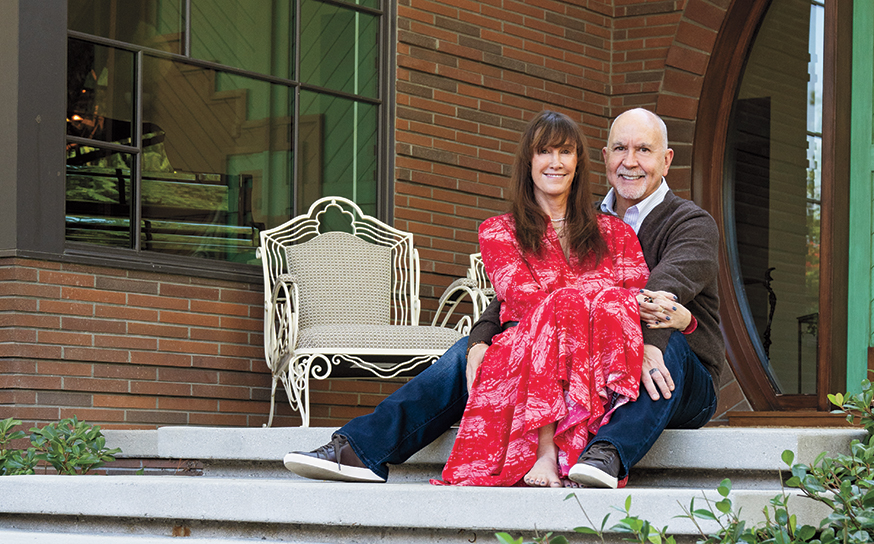3 Top Interior Designers on Freshening up the Home
It’s time.
-
CategoryHomes
-
Written byLinda Grasso
Textiles
“Textiles set the mood of the room—the colors and textures, the mixing of the prints—an art in itself. That’s what makes the statement,” says Kathryn M. Ireland, textiles designer and founder of The Perfect Room (theperfectroom.com) an online, room-by-room shopping destination that makes “to-the-trade” items available for retail.
“I suggest adding new pillows, slipcovers and curtains. If you’ve invested in a painting or antiques, those pieces generally last a lifetime. Fabrics can be changed seasonally. It’s OK to mix contemporary with traditional, but don’t bring anything radical in. You don’t want, for example, loud geometrics next to a Colfax print.”
Kathryn’s tip: Make sure that the color palette goes with both the new and old. Often you can bring in new pieces only to discover that they make the old look dreary. Avoid this by making sure the colors are in line with what’s already there. You don’t want anything new to shout at you.
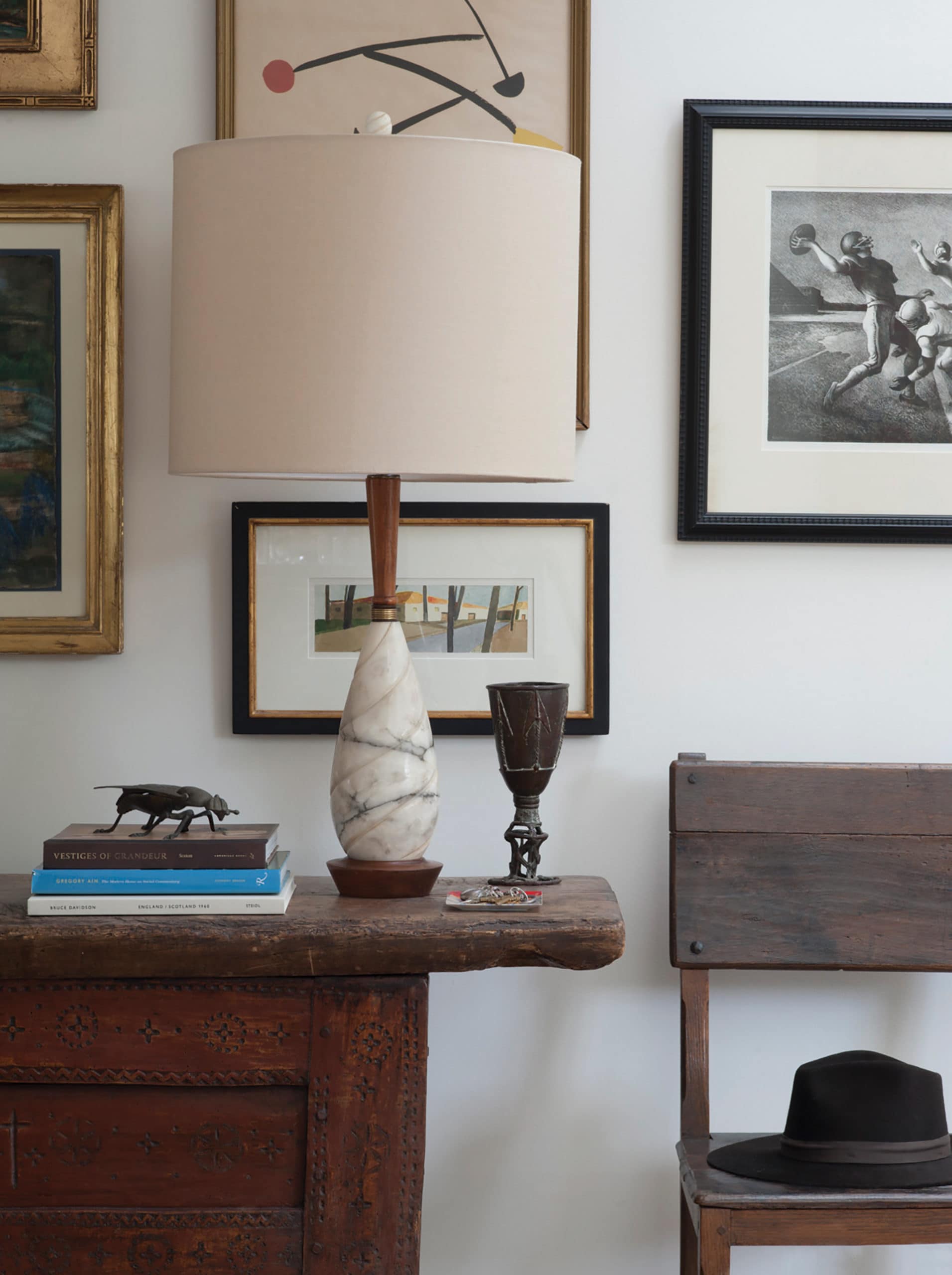
Accessories
“Your accessories should tell a story of who you are, whether it be your favorite art, hobbies, colors or special mementos collected over the years,” says Jodi Mendelsohn, owner of JM Design Studios (jmdesignstudios.com) and its retail arm, Home Inspired, which delivers a box of accessories directly to clients’ homes.
“I prefer accessories that are not ‘matchy-matchy’—nothing too predictable. Stay true to your own style and don’t be too trendy. An accessory shouldn’t overwhelm a room. It should be a fine balance of space and scale. Pops of color in your art and textiles can elevate your design and make a wonderful statement.”
Jodi’s tip: Be eclectic and make sure there is a fine balance of not overdoing any one style. For example, I live in a midcentury home that is filled with antiques from my childhood. There are modern and traditional touches that balance each other just enough to make a statement.
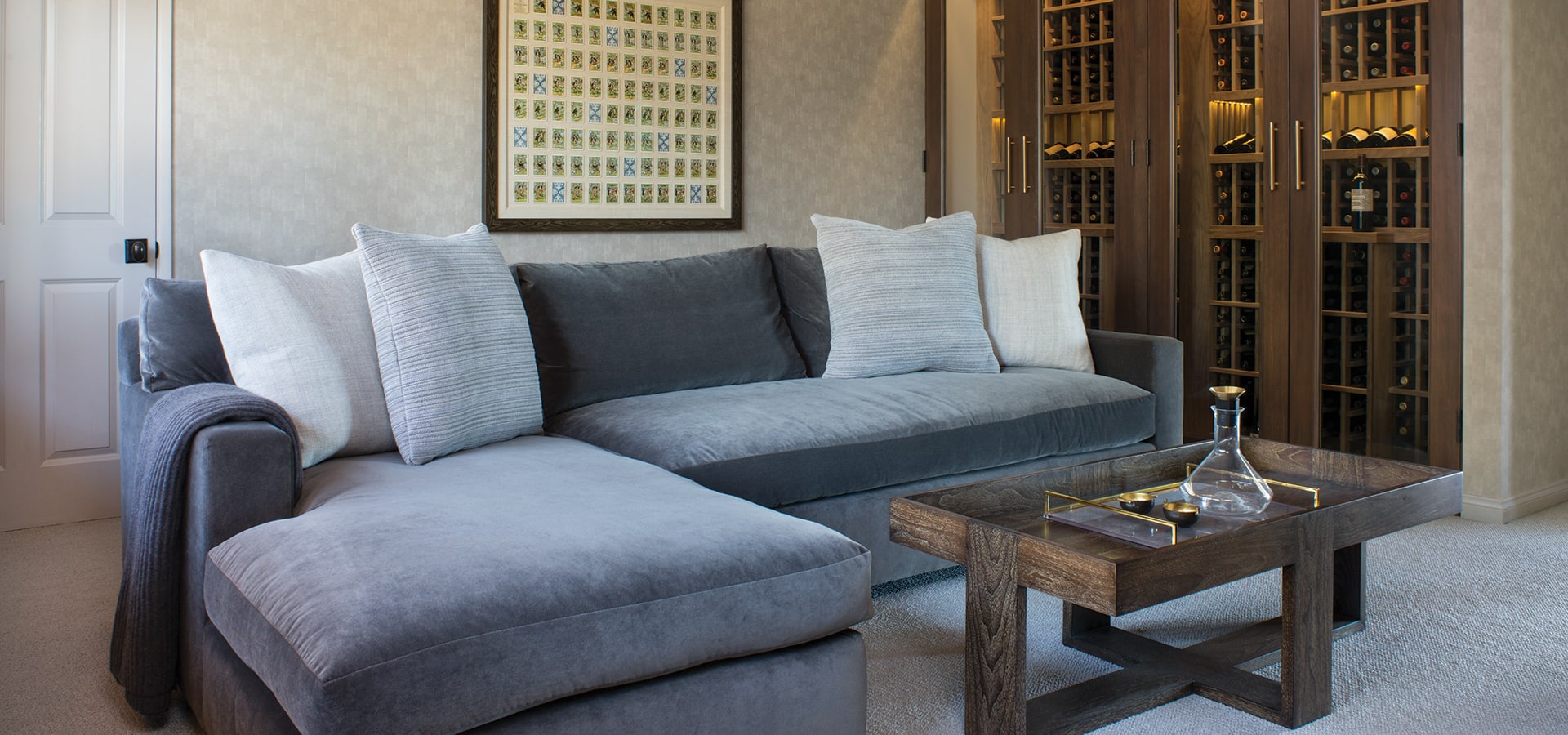
Above Photograph: Meghan Beierle-O’Brien
Wall Hangings
“The use of wallpaper can dramatically transform a space to feel more cohesive, adding character through color, style and texture,” says interior designer Mark Langos (marklangos.com).
“It can have a calming effect and create a sense of intimacy by enveloping a room in a subtle pattern or monochromatic color. Small-scale patterns create a feeling of spaciousness, while large-scale designs can help a room feel more intimate. And textural wall coverings luxuriously unify a room by adding a spatial component.”
Mark’s tip: Most people are not able to look at a small swatch of wallpaper and envision how it will appear covering an entire room. Obtain a sample or even purchase a roll of the paper and pin it up in the space. Live with it for a while and see how it looks in different lights of the day.
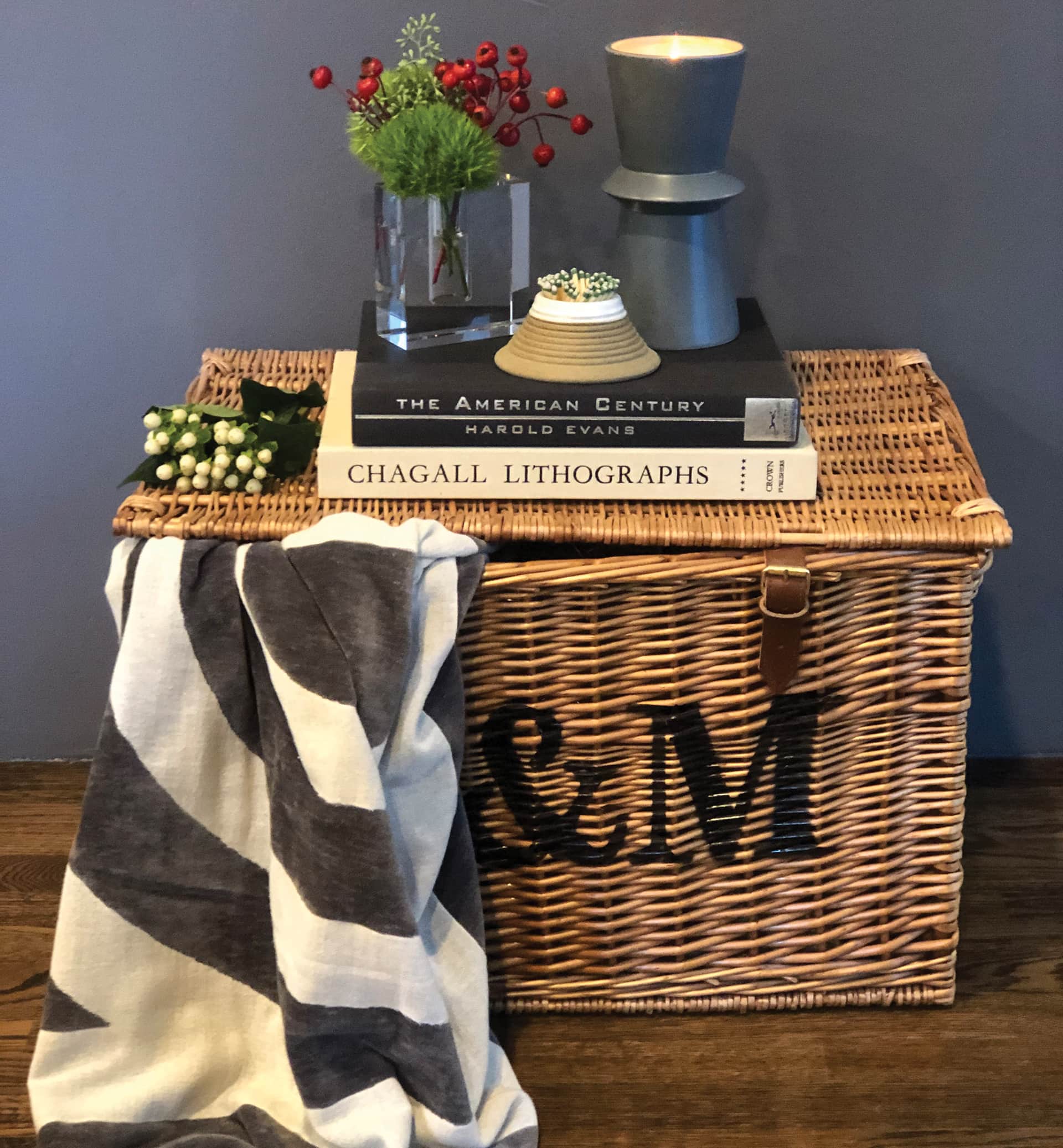
Join the Valley Community






